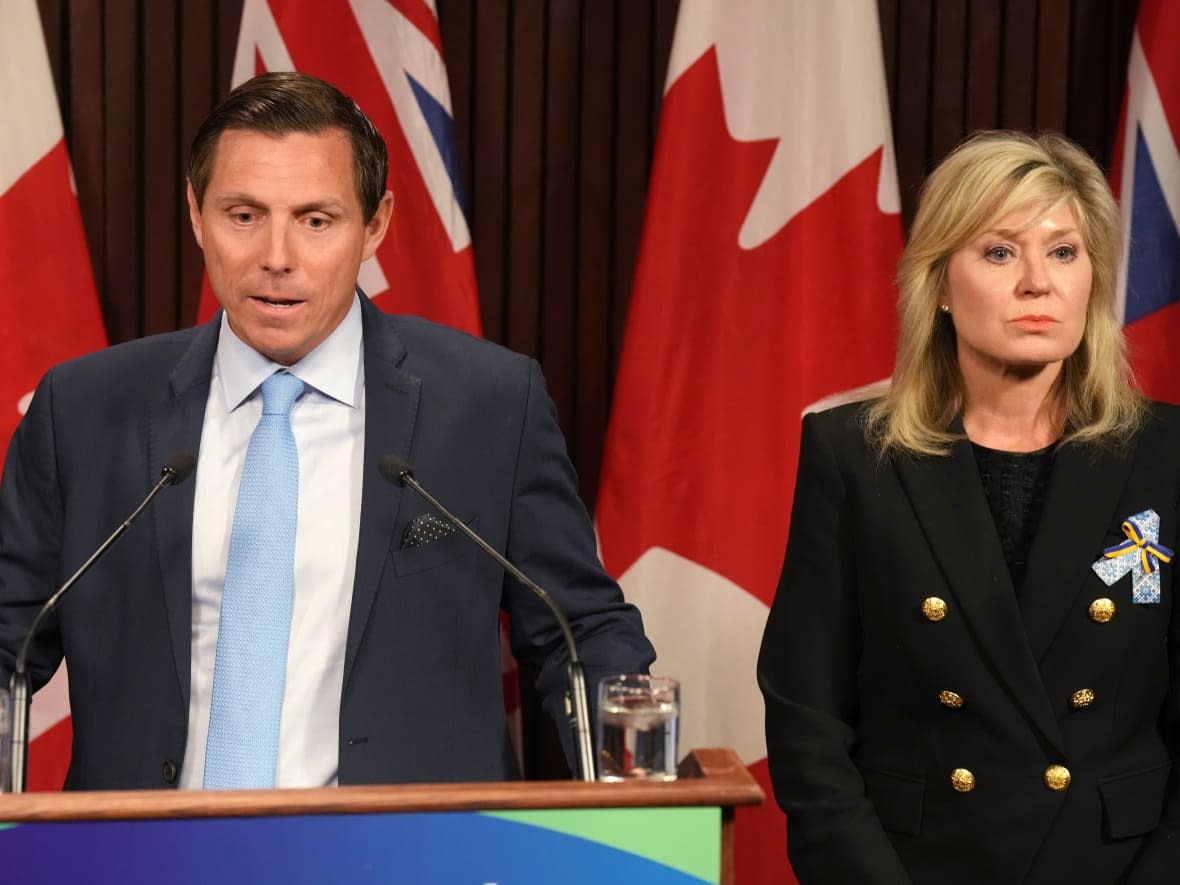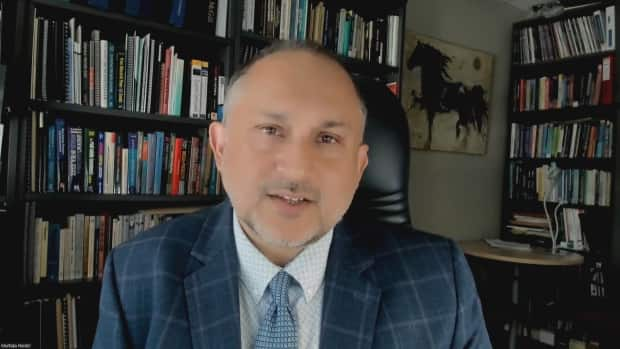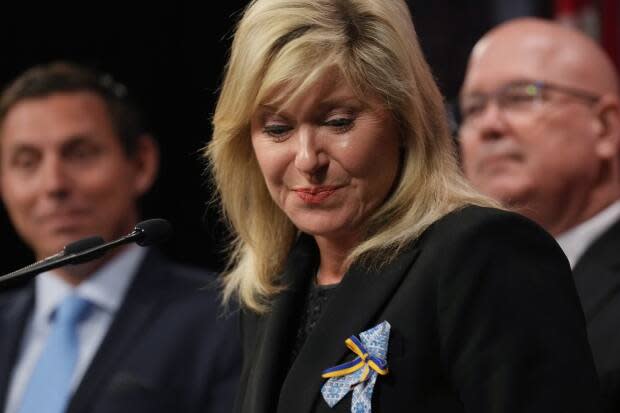Why Peel Region's split could be a good thing even if it's not 'a clean break'

As Peel Region heads toward a potentially bitter breakup, residents of Mississauga, Brampton and Caledon are bracing for the possible impact of the move on their daily lives.
On Thursday, Municipal Affairs Minister Steve Clark proposed legislation that would make each of the three municipalities currently in Peel independent by 2025. But while the mayors of Brampton and Mississauga say they welcome the bill, each has different ideas about who will pay for the break up.
Brampton Coun. Martin Medeiros, who represents Ward 3 and 4, said the proposed legislation raises many questions and that the move appeared to be a "hasty decision" by the Doug Ford government.
"A lot of people have anxiety today," Medeiros said.
"A lot of people don't know what their future holds. And we, as decision makers, trying to do what's best for our residents, sit here with this grey cloud over us in terms of how do we move our city forward?"
But not all share that anxiety — some say the move could eliminate much of the red tape the municipalities have historically faced when it comes to businesses and development.
Split will 'remove a layer of bureaucracy'
Murtaza Haider, a data science and real estate management professor at Toronto Metropolitan University, said the move may not be a "clean break" but will be a good thing for municipalities.
"If you remove a layer of bureaucracy that was hampering growth in housing or was being overly prescriptive in terms of what could be done for transportation, public transit or what not, removing that additional and unnecessary layer of bureaucracy is a good thing," Haider said.

Todd Letts, the CEO of the Brampton Board of Trade, agreed.
"In the past, under the two-tier system there were two levels of planning departments. Now, the idea is to have one and that should speed up... doing business in Brampton."
Despite the uncertainty, some residents told CBC News that in many ways, Brampton and Mississauga feel distinct from each other already.
Jesse Jones, a local marketing entrepreneur and media host in Brampton, is among them.
Jones said it's about time Brampton gets a rebrand.
"We're a city of flavours," Jones said. "Whatever is going to allow Brampton to refresh its brand and highlight the many beautiful cultural and diverse elements that exist here, I'm for that."

Brampton, Mississauga mayors clash over costs
At separate news conferences on Thursday, Brampton Mayor Patrick Brown and Mississauga Mayor Bonnie Crombie had much to say about the move.
Brown said he is concerned about the "financial ramifications" of the proposed dissolution of the regional government because the region currently shares infrastructure that Brampton has helped to finance.
"Brampton expects every dollar we put into regional infrastructure in Mississauga will be paid back to our residents and we will not be shy to stand up for our city," Brown said.
"We hope that the province will reiterate to the City of Mississauga that there's no running out. There's no dine and dash permitted when it comes to regional infrastructure... there will be no free ride on the backs of Brampton residents," he added.
Brown said Brampton deserves financial support for the infrastructure it has helped to build in Peel Region in the past nearly 50 years. Some infrastructure, including the Clarkson Wastewater Treatment Plant, G.E. Booth Wastewater Treatment Plant and Peel Regional Police headquarters, are based in Mississauga but Brampton has shared the costs of it.
If Mississauga doesn't repay Brampton for the infrastructure it helped to build, the cost would be roughly $4 billion to replace it, he said. That amounts to about $6,000 per Brampton resident, Brown said.
"There would be significant financial implications if we didn't get that repayment," he added.
Mississauga has paid more than 'fair share': Crombie
Crombie said Mississauga would save $1 billion over 10 years when it becomes independent.
"This is a monumental milestone in our city's history and one that will shape our future for the next 50 years and beyond," Crombie said.
She said Mississauga has paid 60 per cent of the costs of the region and at times as much as 70 per cent of the costs for about 40 years, while only getting 50 per cent of the vote.
Mississauga has paid "more than our fair share" for decades, she added.
"While Mississauga was in its explosive stage of growth back in the '80s and '90s, our roads, sewer and water infrastructure, schools, fire stations and transit was paid for by development charges, not taxpayer dollars. Any assertions that Brampton paid for Mississauga's growth and that we owe them anything upon dissolution couldn't be further from the truth," she said.

Crombie said she encourages Brown to allow the auditors to come to "audit the books of Brampton."
She said frontline services, including Peel Regional Paramedic Services and Peel Regional Police, should stay intact but the funding model should change from an assessment-based to a service-based or user-based model to ensure that every city is paying its fair share.
Crombie dismissed a suggestion that she will no longer seek a bid for the leadership of the Ontario Liberal Party, given the dissolution of Peel Region. "We are completely focused on this great news today," she said.
Province wants municipalities to build homes
Clark said on Thursday that the purpose of the legislation is to enable the municipalities to build homes to meet the needs of future residents.
The government intends to appoint up to five members of a transition board to oversee financial affairs of the region until it is dissolved. The board will make recommendations to the province to "ensure a fair outcome" for Mississauga, Brampton and Caledon prepare to become single-tier municipalities, the government said in a news release.
If the legislation is passed, the province said it will release the names of the board members in the coming weeks.


